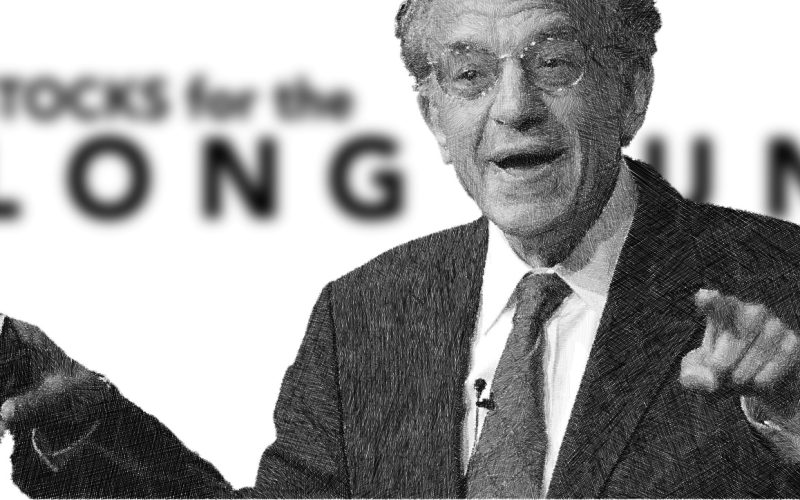by Professor Jeremy J. Siegel, Senior Economist to WisdomTree and Emeritus Professor of Finance at The Wharton School of the University of Pennsylvania
On the inflation front, we received very positive news last week. Both the Producer Price Index (PPI) and the Consumer Price Index (CPI) came in below expectations. I was a little surprised how strong the narrative came that these data virtually guarantee a soft landing. The recent data definitely indicates a dramatically increased probability of a “landing.” But it is far from certain that the landing will be soft.
While inflation is subsiding, the economy is weakening. A little weakness is not a big problem as long as it doesn’t snowball into something more serious. We had a rather significant increase in jobless claims, one of the highest frequency indicators I watch closely, as well as the continuing jobless claims that are hitting 2-year highs. All the recent economic data on industrial production and capacity utilization, besides Friday’s housing starts, are coming in weak. I am not suggesting the economy is falling apart, but this recent softness bears watching very closely.
My primary concern for risk assets right now is the Fed staying stubborn and failing to consider lowering rates, as I think it should be. Money supply growth has been very sluggish. It is too sluggish to support a moderately growing economy.
Any raise of interest rates is off the tables, certainly for December, unless there's a dramatic upsurge in prices in the next month, which doesn't look likely with oil falling quite dramatically. One way to increase the money supply growth would be to lower rates and I think it's time for us to “dis-invert” the yield curve by bringing short rates below the long-term rates.
Powell needs to reconsider his statement. The Fed is not even talking about lowering rates—and at the March meeting or even the January meeting I believe they will be talking about lowering rates and may even do so if the economy is weakening quickly. This is not a situation like the 70’s. The Fed does not have to worry about “stop go” policy because the money supply growth is now weak, and it was not in the 1970’s. Inflationary expectations are under control. Commodities are under control. The Fed should not stick to a false narrative of the risks of the 1970’s repeating to postpone necessary rate cuts.
As I think ahead for next year, the clear risks are a “too stubborn” Fed that won’t lower rates if it needs to. Of course, there are always geopolitical issues. While the wars are now not expanding, anything can flare up. The unexpected can happen. We could have a cyber-attack on the infrastructure grid or on the financial system. That is a risk that sometimes is underestimated. But with the S&P 500 selling at 18 times earnings that includes the higher priced tech stocks and 14 to 15 times earnings in ex-tech stocks—those are reasonable multiples for the markets for all these risks.
Small cap companies, in my opinion, are priced for recession with multiples closer to 12 times earnings. So an economic outcome better than these depressed expectations provides upside to these smaller companies.
We will be off next week and return to commentary the following week. HAPPY THANKSGIVING TO ALL!
Copyright © WisdomTree














